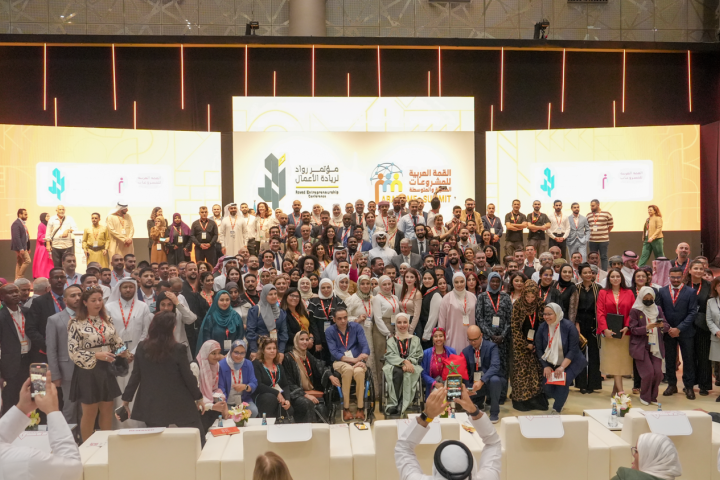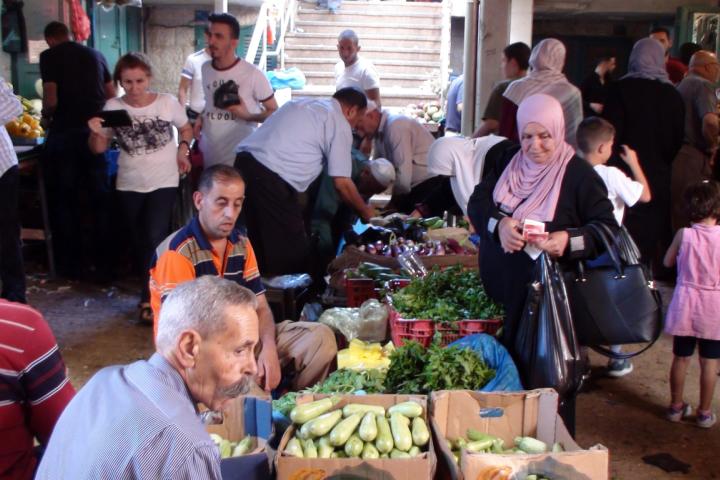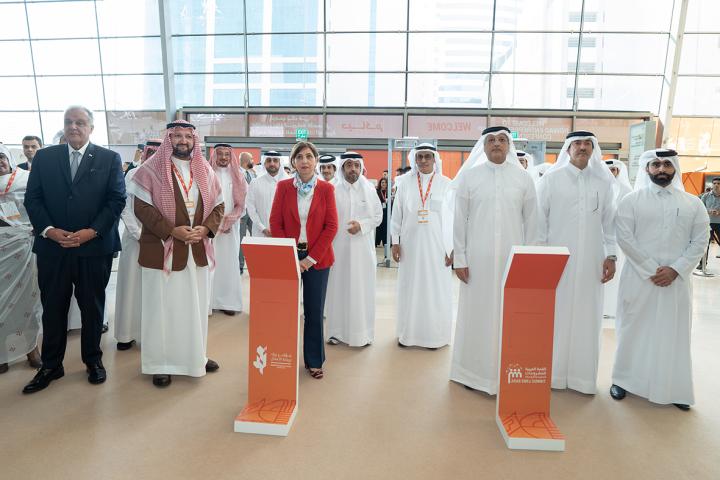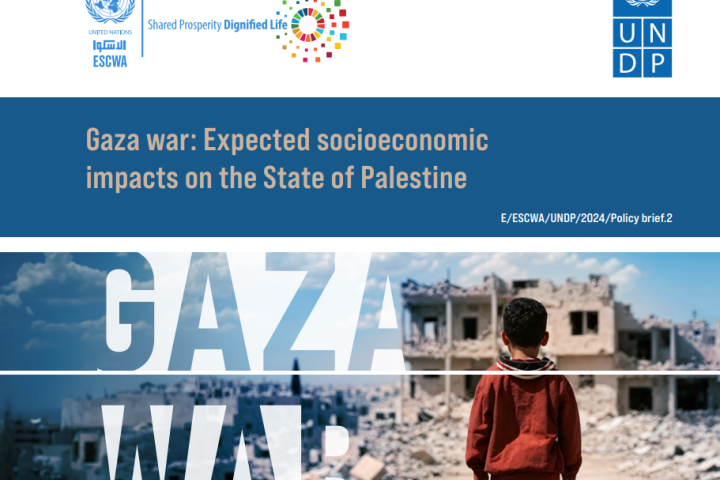Press release
21 Feb 2012
Beirut
ESCWA Sees Knowledge, Professional Challenge in Arab Spring
Commission Launches Millennium Goals Report in Time of Transition



